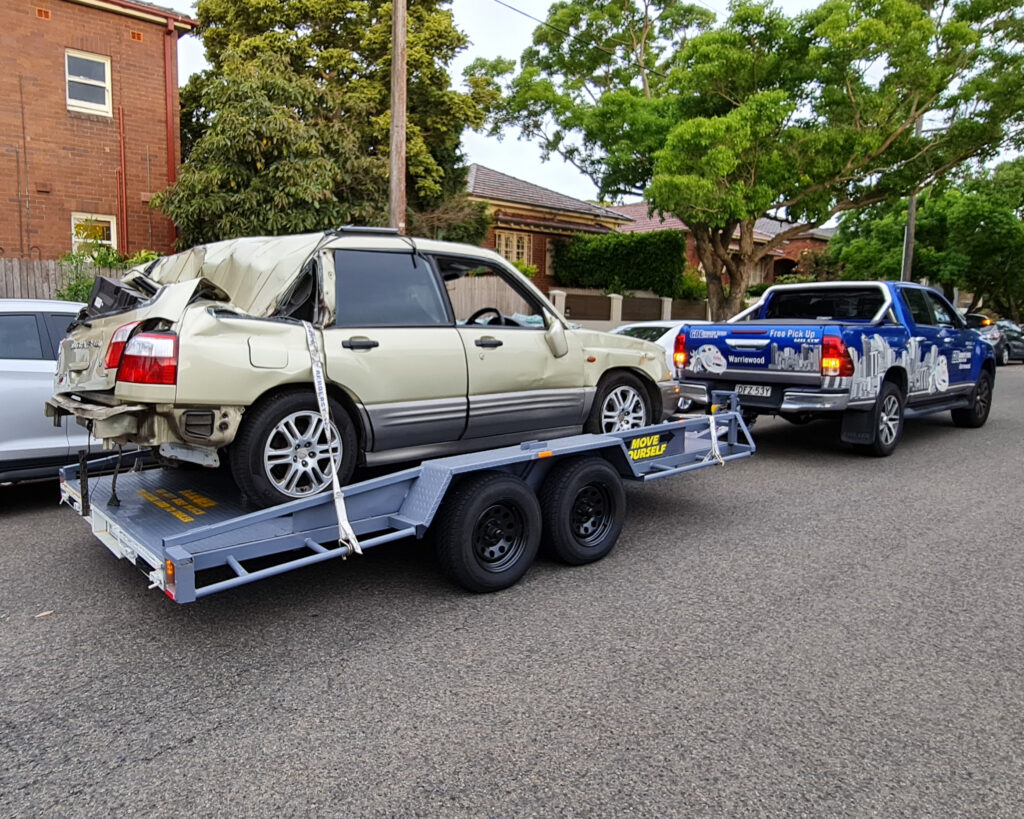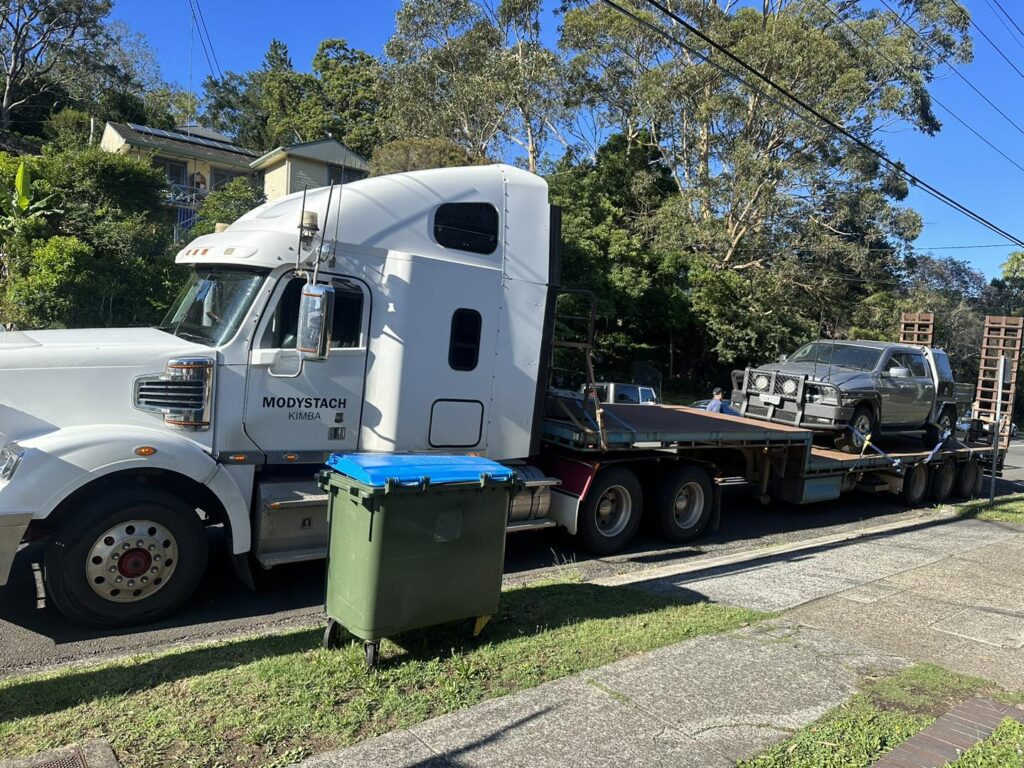The used car market in Australia offers plenty of choices, but not all vehicles come with a clear history. While dealers are legally required to disclose if a car is a repairable write-off (RWO), some fail to follow the rules. This leaves buyers at risk of unknowingly purchasing a previously written-off vehicle.
Understanding what qualifies as a write-off and what dealers are obligated to disclose can help buyers avoid costly mistakes. Here’s everything you need to know about repairable write-offs in Australia.

What Is a Write-Off?
After an accident, insurers assess the damage and classify the vehicle as either a repairable write-off or a statutory write-off:
- Repairable Write-Off (RWO): The car is damaged but can be repaired. However, the cost of repairs exceeds its insured market value. If classified as an RWO, the vehicle’s registration is canceled, and it is recorded on the Written-Off Vehicle Register (WOVR) of the respective state or territory.
- Statutory Write-Off: The vehicle is deemed too damaged to ever be safely repaired and cannot be re-registered. These cars are typically dismantled for parts.
Can a Written-Off Vehicle Be Repaired?
Yes, repairable write-offs can be fixed and re-registered—depending on state regulations. However, the process can be costly and complex. Mechanics must restore the vehicle to manufacturer standards, and owners must pass inspections to get the car roadworthy again.
For example, in Victoria, VicRoads states that repairs must follow manufacturer guidelines. If they don’t, the vehicle will fail the Vehicle Identification Validation (VIV) Inspection, which costs $592 per inspection, with a $114 fee for re-inspection.
Additionally, mechanics must maintain a crash diary, documenting all repairs, techniques, parts, and invoices to ensure compliance.

Can Dealers Sell Repairable Write-Offs?
Yes, in most Australian states and territories, used car dealers can legally sell RWOs. However, they must disclose this information to buyers.
Dealerships and auction houses must also register RWOs with their state’s WOVR, allowing consumers to check a vehicle’s history through the Personal Property Securities Register (PPSR).
One exception is New South Wales, where written-off vehicles cannot be re-registered and can only be sold for parts or scrap.
Western Australia’s Crackdown on Dealers
The Western Australian government recently issued warnings to car dealers who failed to comply with new disclosure laws. Since June 7, 2024, dealers must use an updated form that clearly marks if a vehicle under 15 years old is an RWO. This form must be displayed on the car’s window.
An investigation by Consumer Protection WA found that some dealers were using outdated or incomplete forms, violating the new regulations. Businesses that fail to comply face:
- $2,000 fines for using incorrect or incomplete forms
- Up to $5,000 in court-imposed penalties for failing to disclose an RWO
Consumer Protection WA Commissioner Trish Blake emphasized the importance of these laws, stating:
“Repairable write-offs can be a risky investment due to potential safety issues and low resale value. Six months after the rule change, dealers must comply, or they will face fines.”

How to Check if a Car Is a Repairable Write-Off
To avoid surprises, buyers can verify a vehicle’s history by:
- Performing a PPSR check – A $2 online search will reveal if a car is an RWO, has outstanding finance, has been stolen, or has odometer discrepancies.
- Asking the seller – Dealers must disclose if a car is a write-off. However, private sellers, particularly in South Australia, are not legally required to do so.

Should Repairable Write-Offs Be Allowed?
Some industry professionals believe that repairable write-offs should be banned due to safety concerns and their role in criminal activities.
For example, Dean How, owner of Peninsula BM in Victoria, has seen criminals exploit RWOs by using stolen parts to pass inspections. He argues that all written-off vehicles should be dismantled and sold only to authorized treatment facilities.
“The only reason this happens is because auction houses are selling RWOs to the public,” How said.
“Once an insurance company writes off a car, it should be recycled properly—not resold.
While repairable write-offs can offer bargain prices, they come with potential risks, including safety concerns and lower resale value. If you’re considering buying a used car, always check its history, verify if it’s a write-off, and ensure that all repairs meet manufacturer standards. Awareness is key to making an informed decision in the second-hand car market.

